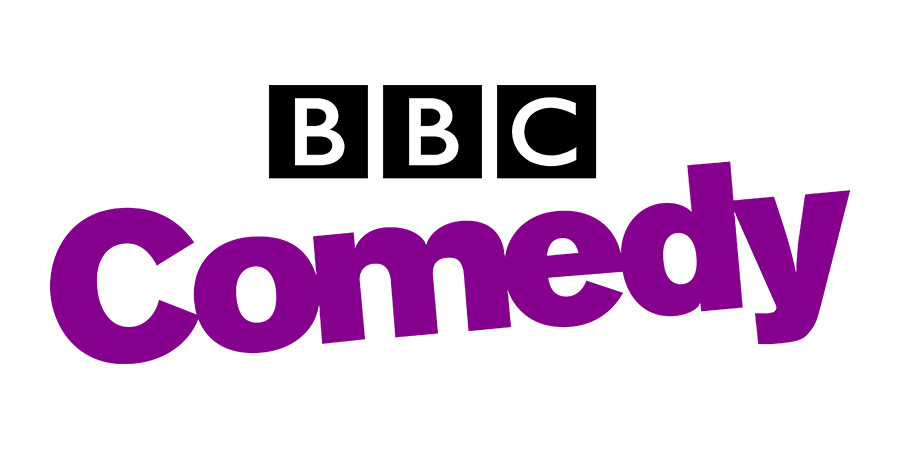Ofcom says TV comedy still 'at risk'

- Ofcom has noted a lack of TV comedy programming at the BBC for a seventh year running
- For the sixth year, it has explicitly labelled scripted comedy to be "at risk" as a genre
- Despite the return of BBC Three, the number of new hours broadcast was the same as last year
Comedy on television is "at risk" due to declining spending and hours of new programming, Ofcom has concluded.
In its sixth annual report into the BBC, the regulator of broadcast media has again raised concern about comedy - specifically, scripted comedy such as sitcoms and sketch shows, as opposed to panel entertainment formats - as a whole genre.
It is the sixth time the organisation has highlighted concerns about comedy, both on the BBC and other public service broadcasters (PSBs; ITV, Channel 4, Channel 5 and S4C), and fifth in a row it has been explicitly categorised as "at risk".
The first such report into the BBC covered the financial year beginning April 2017, highlighting a drop of 38% in television comedy since 2010.
This year's report covers the first full year of BBC Three's return as a television channel, but the absolute number of hours of new, British comedy remains the same as in 2021-22, at 108. More than double - 225 hours - were broadcast in 2010-11.
The "at risk" categorisation is applied to genres that "provide a particular contribution to the [Corporation's] Mission and Public Purposes, are underprovided or in decline across public service broadcasting".
Other genres deemed to be "at risk" include specialist factual, arts, music, religion and ethics, and children's. Together they accounted for just 19% of the corporation's spending on new, UK-wide TV programming in the 2021 - 2 financial year.

Ofcom also noted the returning channel's struggle to reach viewers, dissatisfaction with its content (as well as the wider BBC output) amongst less affluent audiences, and slow growth, particularly in comparison to its pre-shutdown incarnation, and compared to 16-to-34-year-olds' viewing of competitor channels such as ITV2 and E4.
Ofcom explain: "The BBC's provision of at-risk genres forms a key part of its distinct offering and sets it apart from other PSBs. Across the PSB channels, the BBC accounts for the majority (61%) of first-run UK originated hours of at-risk genres and the majority (67%) of associated spend. Prior to this reporting year, BBC hours of first-run at-risk programming had consistently declined. This year, there has been a slight increase in first-run hours and spend on at-risk genres.
"Despite the slight increase in the number of hours the BBC provides, viewing of at-risk genres has continued to decline further since 2020. Average weekly reach has fallen year on year across specialist factual, arts and comedy, although viewing of music programmes has remained more stable."
Citing a survey question on programmes "about science, arts, culture and religion", but not comedy, it adds: "Audience perceptions remain broadly positive, particularly compared to viewers of other public service broadcasters. Around three in five viewers say BBC TV channels (60%) and BBC iPlayer (62%) perform well. This has remained consistent year on year."
In a section of the report focusing specifically on the BBC's reach to audience members from lower socio-economic groups, authors explained: "The people we spoke to told us they often look for escapism and companionship from what they are watching or listening to. Many felt that some of the BBC's programming is too dry and too serious compared to other services. People we spoke to said they wanted the BBC to take more risks in producing new and innovative content."
The regulator also noted that BBC Wales had made no comedy during 2022 for UK-wide consumption.
